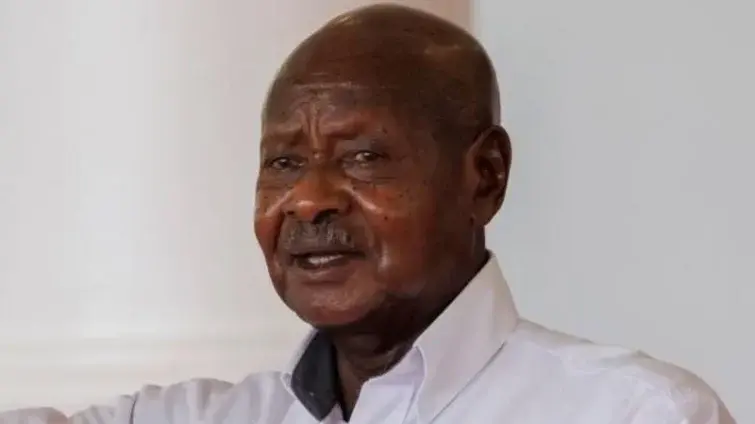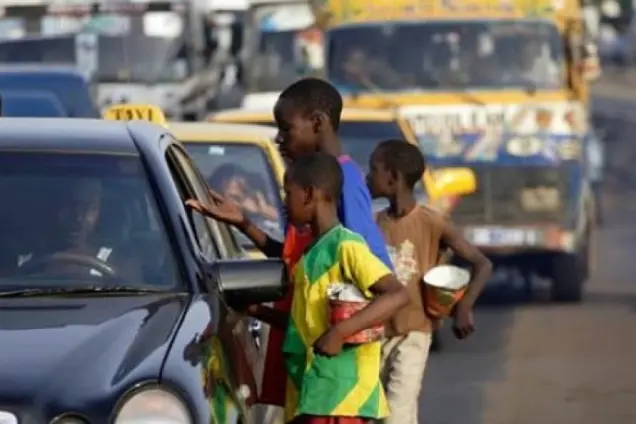The air in Gaza, thick with dust and despair, carried a faint scent of hope this week. After an unrelenting 11-week blockade, a trickle of humanitarian aid finally began to cross the border, a decision spurred by mounting international pressure and the looming specter of famine. The move, confirmed by Israeli authorities, offered a sliver of relief to the 2.1 million Palestinians trapped within the besieged territory, a population teetering on the brink of collapse. Prime Minister Benjamin Netanyahu, in a rare public acknowledgment of the crisis, conceded the need to avert widespread starvation, setting in motion a series of actions that have been met with both cautious optimism and fierce criticism.
This limited opening came only after intense diplomatic pressure, particularly from the United States Senate, which amplified global concerns about the rapidly deteriorating humanitarian situation. The decision underscores the complex calculus facing Netanyahu’s government, balancing security concerns with the imperative to alleviate human suffering and maintain international legitimacy. The arrival of this aid, though limited in scope, represents a critical inflection point in a conflict that has already claimed thousands of lives and displaced hundreds of thousands more.
Netanyahu’s stated rationale for easing the blockade centered on the need to prevent a full-blown famine, a scenario he described as untenable from both a practical and diplomatic perspective. “We must not reach a situation of famine,” he declared, signaling a shift in strategy, however incremental.
The question remains, however: will this limited opening be enough to stem the tide of a humanitarian disaster?
Initially, only a handful of United Nations lorries, a mere five in total, were permitted to enter Gaza, carrying desperately needed humanitarian supplies, including vital baby food. This initial shipment represents a fraction of the aid required to meet the overwhelming needs of the population. Furthermore, Netanyahu has outlined plans to transition aid distribution to US-backed hubs managed by the Gaza Humanitarian Foundation, a move intended to enhance security and ensure aid reaches those most in need. These hubs would be protected by security contractors and the Israel Defense Forces (IDF).
However, this alternative distribution plan has been met with skepticism, most notably from the United Nations, which has rejected the proposal, raising concerns about its feasibility and potential implications for the impartiality of aid delivery.
The UN’s perspective highlights the immense scale of the humanitarian crisis unfolding within Gaza. According to UN reports, severe shortages of food, medicine, and fuel have become endemic due to the prolonged blockade. The Hamas-run health ministry has reported the tragic deaths of at least 57 children in recent weeks, attributing these deaths to malnutrition and related complications. The UN-backed Integrated Food Security Phase Classification (IPC) has issued stark warnings that nearly half a million people in Gaza are facing starvation, painting a grim picture of widespread suffering and desperation.
“Getting access to food, medicine and hygiene products has become extremely difficult – almost impossible – due to the shortage of these items and their high prices if they are available,” said Abd al-Fatah Hussein, a displaced Palestinian, capturing the sense of desperation felt by many.
The UN maintains that Israel, as the occupying power, is obligated under international law to ensure that humanitarian aid reaches the civilian population of Gaza, a position that underscores the legal and moral responsibilities at stake.
Predictably, Israel’s decision to allow limited aid into Gaza has sparked a range of reactions, both domestically and internationally. Within Israel, right-wing politicians, such as Itamar Ben-Gvir, have vehemently criticized the move, arguing that it will embolden Hamas and undermine Israel’s security interests. Ben-Gvir described the decision as “a grave mistake” that would “fuel Hamas and give it oxygen while our hostages languish in tunnels”.
Netanyahu has defended his government’s decision by emphasizing the need to prevent images of starvation from circulating, arguing that such images could erode international support for Israel’s military operations. This justification underscores the delicate balancing act between military objectives and public perception that is shaping Israel’s strategy.
Adding to the complexity, Chef José Andrés of World Central Kitchen, a prominent advocate for humanitarian aid, has questioned the timeline for the alternative aid plan, raising concerns about its practicality and the potential for delays in getting aid to those who desperately need it.
Amidst the ongoing humanitarian crisis, military operations continue to unfold across Gaza. Recent Israeli air strikes have reportedly killed dozens of people, further exacerbating the suffering of the civilian population. The Israeli military has also issued evacuation orders for Khan Younis and its eastern suburbs, warning of an “unprecedented attack,” raising fears of further displacement and casualties. Netanyahu has declared that Israeli forces will “take control of all areas” of Gaza, signaling a continued commitment to military objectives despite the growing humanitarian concerns. The arrival of aid into Gaza, while a welcome development, does not diminish the need for a comprehensive resolution to the conflict, one that addresses the underlying causes of the crisis and ensures the long-term well-being of the Palestinian population.
While the recent arrival of limited humanitarian **aid** into Gaza offers a temporary respite from the dire conditions, the underlying issues persist. The scope of the **aid** remains insufficient to meet the vast needs of the population, and the proposed alternative distribution plan is fraught with challenges. Moreover, the ongoing military operations continue to threaten the safety and well-being of civilians. As Netanyahu navigates the complex landscape of international pressure, domestic opposition, and military objectives, the humanitarian crisis in Gaza remains a critical concern. Continued monitoring, advocacy, and diplomatic efforts are essential to ensure the protection of the Palestinian population and to pave the way for a sustainable resolution to the conflict.
Image Source: MYJOYONLINE






















